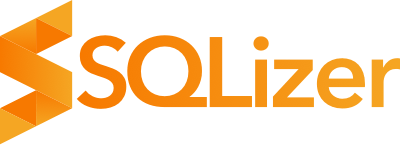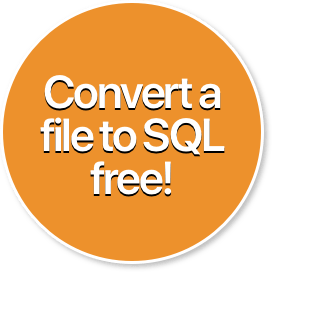Learning SQL for Beginners in 2024
It’s a data-driven world, and SQL (Structured Query Language) is akin to a treasure map leading to valuable insights. Whether you’re a budding programmer or an experienced professional, mastering SQL can unlock doors to new opportunities and enhance your career prospects. Let’s delve into the world of SQL and explore how beginners can embark on this exciting journey.
What’s SQL For?
SQL serves as the backbone for managing and manipulating databases. Imagine data as a treasure chest full of gold, and SQL as your personal key to unlocking it. Here’s what SQL allows you to do:
- Retrieve Data: SQL lets you extract specific information from databases. It’s like having a magic wand to summon data based on your queries.
- Create and Modify Databases: You can create new databases, design tables, and define relationships between them.
- Data Manipulation: Add, update, or delete records in a database. It’s like sculpting data to fit your needs.
- Advanced Reporting: SQL enables you to create sophisticated reports by pulling out specific information from databases.
Which Relational Database Management System (RDBMS) to Learn?
An RDBMS is the server software that holds your data and makes it queryable. Here are some popular choices:
- PostgreSQL: Known for its robust features, extensibility, and community support. Great for beginners and advanced users alike.
- MySQL: Widely used, especially in web applications. It’s open-source and user-friendly.
- SQLite: Perfect for beginners due to its simplicity. Easy to run locally, great for learning the basics.
- Oracle Database: Powerful and widely used in enterprise environments. More complex but valuable to learn.
Where to Learn SQL for Beginners
1. Master the Basics
Start by learning the fundamental SQL syntax. Websites like W3Schools offer excellent SQL tutorials that cover the basics. Familiarize yourself with concepts like SELECT, FROM, WHERE, and JOIN.
2. Take a SQL Course
Online interactive courses are a fantastic way to learn SQL. Consider sites like LearnSQL.com, which offers a comprehensive SQL Basics course. You’ll practice querying databases and building simple reports through 129 interactive exercises.
3. Work on Real-World Projects
Apply your knowledge by working on real data and databases. Here are some project ideas:
- Create a personal expense tracker.
- Build a movie database with information on actors, directors, and genres.
- Design a customer management system for a small business.
Practice is key! The more you work with SQL, the more confident you’ll become. So grab your SQL compass and start exploring this fascinating world of data!
🖤 SQLizer team.
About: SQLizer converts for free - less than 5,000 rows of data for personal use - however if you have a >5000 row CSV file you need to convert, use code CONVERTME10 for 10% off your Pro Monthly plan for the first 12 months, or a one-off 10% discount on your Pro Annual plan.
More from The Official SQLizer blog...
- Announcing the shutdown of SQLizer SQLizer is shutting down on Sunday August 31, 2025. Sadly, after 10 years and billions of rows of data, it’s time to say goodbye to...
- Convert Anything to SQL for $9 - Unlimited Rows It’s back! Many moons ago, we offered a 24-hour pass on SQLizer, and we’re thrilled to announce that it’s back once again! With this offer,...
- All new: A JavaScript Client for SQLizer on npm Rejoice, JS developers! A JavaScript client library for SQLizer.io, easily converting CSV, JSON, XML and Spreadsheet files into SQL INSERT or UPDATE statements - is...
- [Update 2024] Convert JSON to SQL: Free and Fast If you want to convert JSON to SQL there’s no concrete or straightforward way of doing things. Conversion is usually tricky because JSON and SQL...

